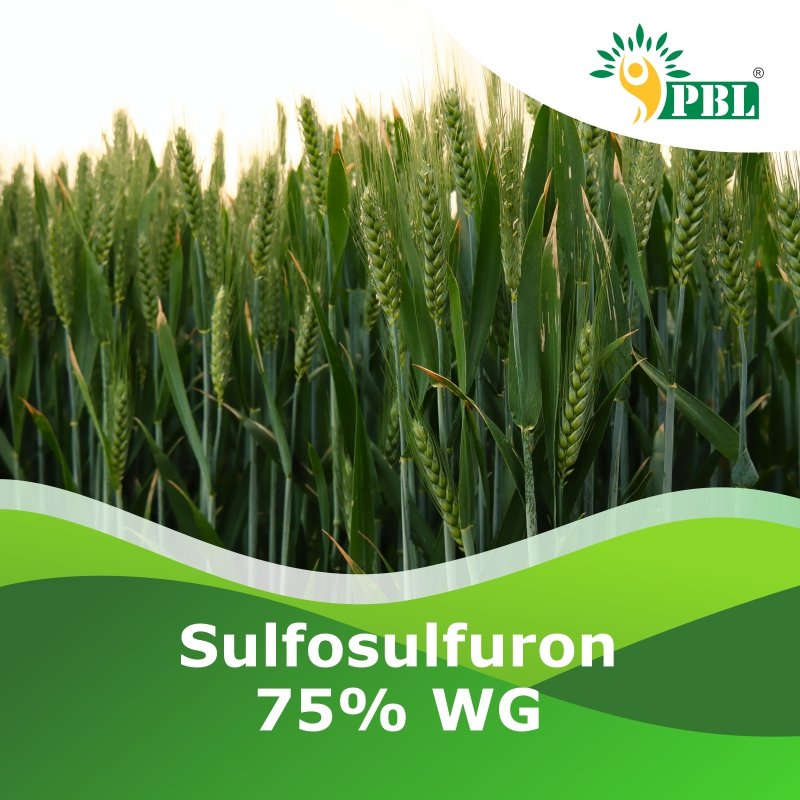Description
It is a selective, early post emergence herbicide used for the effective control of Phalaris minor in Wheat crop. It also control broad-eaved weeds like Chenopodium album, Melilotus alba and other problematic weeds.
Mode of action:
It inhibits synthesis of enzymes acetolactate (ALS), also called acetohydroxyacid synthase (AHAS), which is responsible for the biosynthesis of the amino acids, isoleucine, leucine, and valine. Inhibiting the synthesis of amino acids, it stops the metabolic process, within the weed plants which result drying of weeds and ultimately death of weed.
Benefits:
- Effectively controls the narrow and broad leaf weeds in wheat.
- Long duration control
Recommendations:
| Crop(s) | Common Name of Pest | Dosage/Acre | Dilution in Water
in water (litre) |
Waiting
Period between last spray to harvest (days) |
|
| AI (gm) | Formulation (gm) | ||||
| Wheat | Phalaris minor,Chenopodium album, Melilotus alba | 25.0 | 13.3 | 80-100 | 110 |
| Chenopodium album, | |||||
| Melilotus alba | |||||
Topramezone 33.6% SC:
It is a post emergence Selective herbicide for corn, offering broad spectrum with complete crop safety. It is a selective herbicide belongs to the phenyl pyrazolyl ketone family of herbicides.
Mode of action:
It works by inhibiting the enzyme (4-hydroxy pyruvate dioxygenase), resulting bleaching of foliage, cessation of growth and ultimately death of weeds.
Benefits:
- Effective control on Narrow and broadleaf weeds.
- Healthy crop with high productivity.
Recommendations:
| Crop(s) | Common Name of Pest | Dosage/Acre | Dilution in
Water (Liter) |
Waiting
Period between last spray to harvest (Day) |
|
| AI (gm) | Formulation (ml) | ||||
| Maize | Elusine indica, Digitaria sanguinalis, Dactylocteniumaegyptiun,Echinocloa sppChloris barbata Parthenium hysterophorus, Digera arvensis, Amaranthus viridis, Physalis minima, Alternanthera sessilis, Convolvulus arvensis, Celotia argentea | 25.2 to 33.6 g a.i/ha
+ MSO adjuvant @ 2 ml/l of water |
30 to 40 ml
+ MSO adjuvant @ 2 ml/l of water |
150 | 83 |

